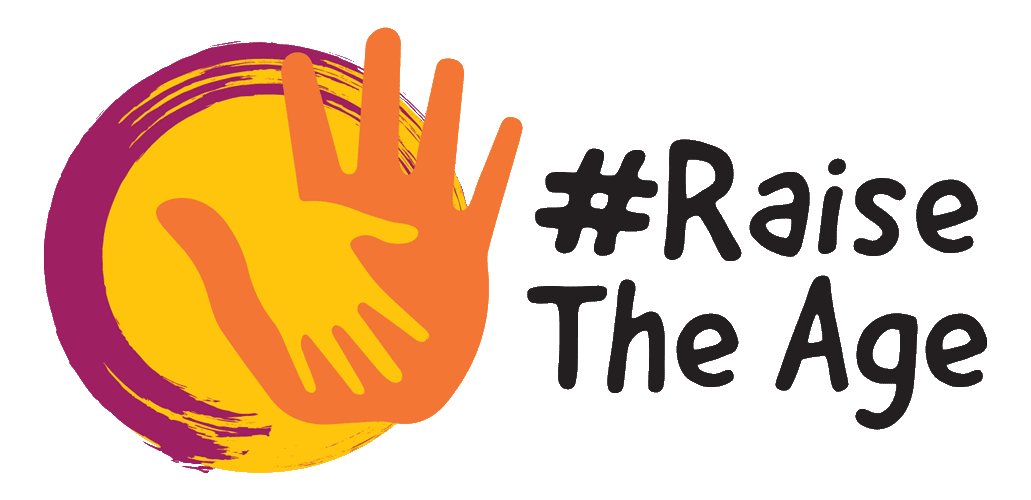A new campaign has been launched this year to stop children as young as 10 from being imprisoned, calling for the age of criminal responsibility in all the Australian states and territories to be raised to 14, so that anyone younger than this cannot be found guilty of a criminal offence.
Currently, approximately 600 children between 10 and 13 years old are incarcerated each year, of which 70% are Aboriginal or Torres Strait Islander.
The campaign argues that criminal behaviour among young children is linked to trauma, neglect and unaddressed mental or physical health problems, and that community-led solutions are better placed to rehabilitate these children.
The reason that such young children are being put into prisons is because Australia has one of the lowest ages of criminal responsibility in the world. Scientific evidence is that while children aged 10 are imprisoned in Australia, their brains may not be mature enough to understand the consequences of their criminal actions. Research shows this immaturity can affect a number of areas of cognitive functioning including impulse control, reasoning and consequential thinking.
The age of criminal responsibility is 14 years old in China, Spain, Germany, Russia, Sierra Leone, Azerbaijan, Cambodia and Rwanda. Internationally, the United Nations Committee on the Rights of the Child has also recommended the age of criminal responsibility to be 14 years old. The campaign argues that in order for Australia to comply with our international obligations, we should be raising the age.
This campaign also focuses on the fact that these laws disproportionately impact those in Aboriginal and Torres Strait Islander communities, who are introduced to the criminal justice system at an early age. In contrast, young offenders in other communities are often diverted away from prisons, and given support and opportunities to rehabilitate in their communities. Aboriginal or Torres Strait Islander youth aged 10-17 are 23 times more likely to be in detention than non-Indigenous young people. When individuals are detained as children, they are likely to have further interactions with the criminal system and the authorities later in their lives. The Australian Institute of Health and Welfare has noted that raising the age of criminal responsibility to 14 years, for example, has the potential to reduce the likelihood of life-long interaction with the criminal justice system.
Many readers will recall the investigation into the Don Dale Detention Centre in the Northern Territory which triggered the Royal Commission into Juvenile Detention in the Northern Territory. This facility continues to operate, and some children under 14 continue to be held in this facility. To read more about the changes since this time, click here.
This campaign is being supported by the Human Rights Law Centre, National Aboriginal and Torres Strait Islander Legal Services, Law Council of Australia, Change the Records, Amnesty International Australia, Australian Medical Association, Royal Australasian College of Physicians and the Public Health Association of Australia.
To read more about the campaign, go to www.raisetheage.org.au.
EDIT (27 July 2020): As of the date of writing, the Australia Attorneys-General have delayed the decision until 2021.

